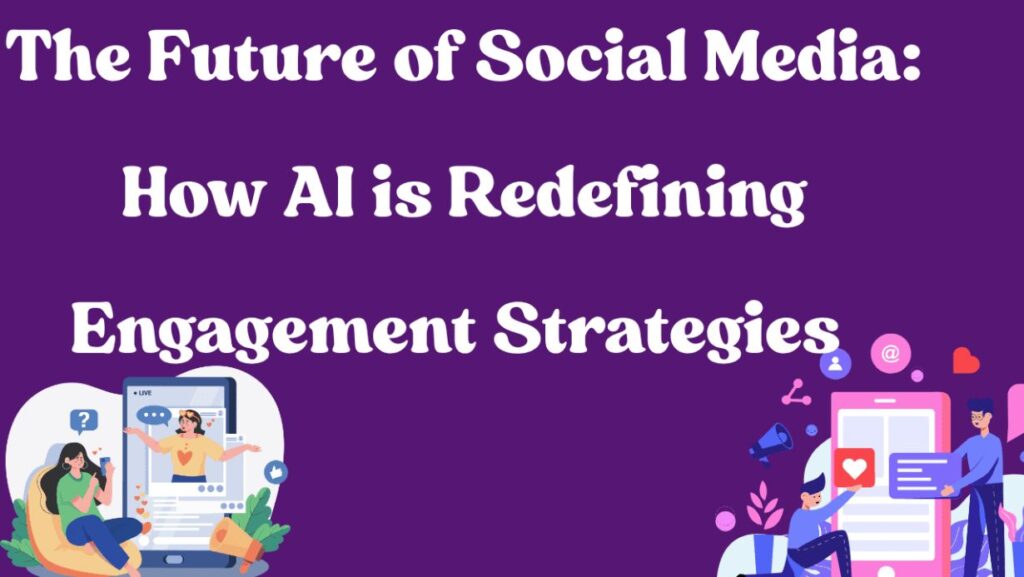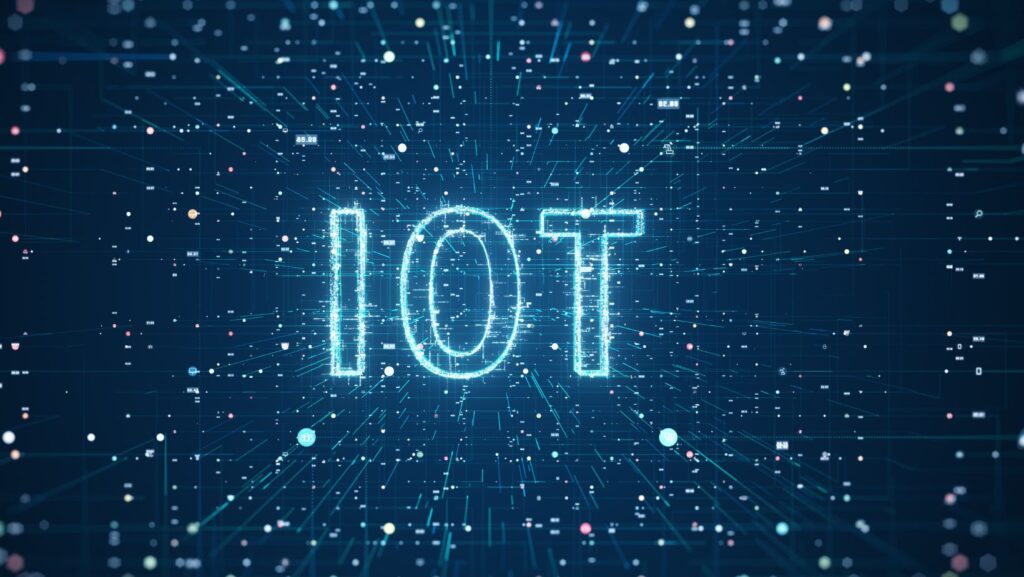Social media is no longer just a digital town square; it’s a complex, data-rich ecosystem where businesses fight for attention. For years, the strategy was a numbers game: post frequently, use the right hashtags, and hope for the best. But today, a technological shift is underway, driven by artificial intelligence. AI is moving beyond simple automation to become a strategic partner, fundamentally changing how brands connect with their audiences.
This evolution from manual effort to intelligent insight is not just a minor upgrade. It represents a new chapter in digital communication where strategy is proactive, not reactive.
From Manual Posts to Intelligent Automation
Remember the days when social media management meant creating a content calendar and scheduling posts one by one? While helpful, that approach was largely based on guesswork. AI-driven platforms have transformed this process. They don’t just schedule posts; they analyze vast datasets to determine the absolute optimal time to publish content for specific audience segments, maximizing visibility and engagement. It’s the difference between throwing a message in a bottle into the ocean and having a smart drone deliver it directly to the right person at the perfect moment.
But AI’s role in automation extends beyond timing. It can also suggest content formats that are most likely to perform well, A/B test captions in real-time, and manage ad spend with a level of efficiency that is nearly impossible for a human to achieve alone.
While automation is about efficiency, AI’s true impact is felt in its ability to understand and craft messages that genuinely connect with people.
AI-Powered Content Personalization at Scale
The holy grail of marketing has always been one-to-one communication at scale. AI is finally making this a reality. By analyzing user behavior, past interactions, and demographic data, AI algorithms can help businesses deliver hyper-personalized content. This could be as simple as an e-commerce brand showing a user an ad for a product they previously viewed or as complex as a media company curating an entire newsfeed based on an individual’s reading habits.
Generative AI tools are also empowering marketers to create written and visual content faster than ever. From drafting compelling post captions to generating unique images for campaigns, these tools act as creative assistants, freeing up human marketers to focus on high-level strategy and community building — a clear sign of AI’s takeover of digital marketing.
Knowing what content to create is a major step, but the real competitive advantage comes from anticipating what your audience will want next.
Predictive Analytics: Seeing Trends Before They Happen
The most transformative application of AI in social media is predictive analytics. Instead of just analyzing past performance, AI models can now forecast future trends, identify emerging topics within a niche, and even predict potential viral content. By sifting through millions of conversations, images, and data points across platforms, these systems can spot patterns invisible to the human eye.
This enables brands to anticipate conversations, step in before they peak, and position themselves as thought leaders. Leveraging insights effectively is key, and a reliable solution like Toptiersmm panel helps maximize ROI, while transforming social media into a predictive business intelligence tool.
Of course, this powerful technology is not a magic bullet. Its implementation requires careful thought and a commitment to responsible use.
Navigating the Ethical Maze of AI in Social Media
With great technological power comes significant ethical responsibility. The use of AI in social media raises important questions about data privacy, algorithmic bias, and the potential for misinformation. An algorithm trained on biased data can inadvertently perpetuate stereotypes or exclude certain demographics from seeing content. Furthermore, the rise of deepfakes and AI-generated text makes it harder to distinguish authentic content from manipulation. Businesses must be transparent about their use of AI and ensure that their strategies prioritize genuine connection and user well-being over purely algorithmic engagement.
Frequently Asked Questions
Can AI completely replace human social media managers?
Not likely. AI is a powerful tool that excels at data analysis, automation, and content generation, but it lacks the genuine empathy, cultural nuance, and strategic creativity of a human professional.
How can a small business start using AI in its social media?
Small businesses can start by using social media management platforms that have built-in AI features. Many tools now offer AI-powered post scheduling, content suggestions, and basic analytics. Experimenting with generative AI for drafting post ideas or creating simple graphics is another accessible entry point. The key is to start small, measure the results, and scale what works.
What is the biggest risk of relying too heavily on AI for social media engagement?
The biggest risk is losing authenticity. If an audience feels they are interacting with a robot, the brand can come across as cold and impersonal.

Over-reliance on automation can lead to generic content that lacks a human touch, ultimately damaging the brand-customer relationship that social media is meant to build.
Does AI-generated content perform as well as human-created content?
It depends on the context and quality. AI can generate highly effective, data-driven ad copy or product descriptions. However, for content that requires a deep emotional connection, storytelling, or a unique brand personality, human creativity is still superior. The best-performing content is often a hybrid, where AI provides the data-backed foundation and a human adds the final creative polish.



